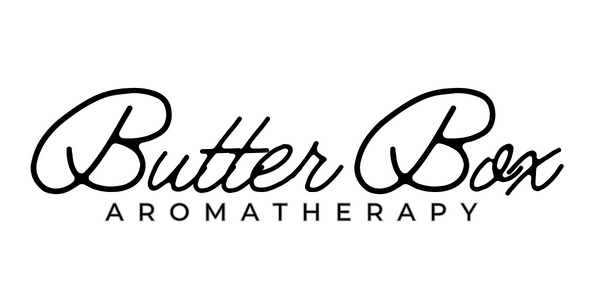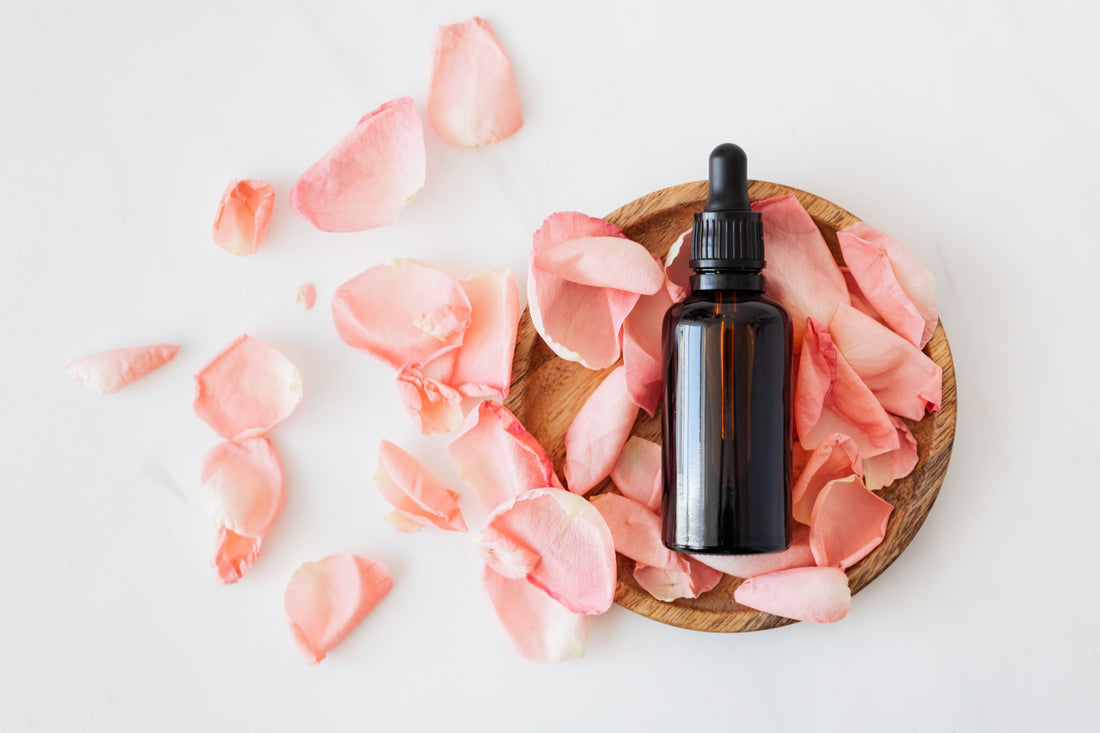The Art and Science of Aromatherapy: Unveiling the Power of Essential Oils
Aromatherapy, often referred to as the art and science of using essential oils for therapeutic purposes, has been gaining popularity as a holistic approach to well-being. This ancient practice traces its roots back to various cultures around the world, where aromatic plant extracts were utilized for their healing properties. In this blog, we will delve into the origins of aromatherapy, explore the fascinating science behind how essential oils interact with the body, and uncover the potential benefits of incorporating aromatherapy into your daily life.
Origins of Aromatherapy
The concept of aromatherapy can be traced back to ancient civilizations such as Egypt, China, and India, where aromatic plant extracts were used for medicinal and spiritual purposes. The term "aromatherapy" itself was coined by a French chemist and perfumer named René-Maurice Gattefossé in the early 20th century. Gattefossé's interest in essential oils sparked when he accidentally discovered their healing properties during a laboratory accident. He found that lavender oil helped to heal his burns, leading him to further explore the therapeutic potential of essential oils.
The Science Behind Aromatherapy
Essential oils are highly concentrated plant extracts derived from flowers, leaves, bark, stems, and roots of various plants. The science behind aromatherapy lies in the complex chemical composition of these oils. Each essential oil contains a unique combination of volatile compounds such as terpenes, phenols, and esters, which contribute to their distinct aromas and therapeutic effects.
When inhaled or applied to the skin, essential oils interact with the body through various pathways. The olfactory system, responsible for the sense of smell, plays a crucial role in aromatherapy. The aromatic molecules trigger the olfactory receptors, sending signals to the limbic system – the part of the brain associated with emotions, memory, and mood. This connection between scent and emotions is what makes aromatherapy a powerful tool for promoting relaxation, reducing stress, and improving overall well-being.
Potential Benefits of Aromatherapy:
-
Stress Relief and Relaxation: Aromatherapy is renowned for its ability to alleviate stress and induce a sense of relaxation. Essential oils like lavender, chamomile, and bergamot are known for their calming properties.
-
Improved Sleep Quality: Certain essential oils, such as lavender and cedarwood, are believed to promote better sleep by calming the mind and creating a conducive environment for rest.
-
Mood Enhancement: Aromatherapy can positively impact mood and emotions. Citrus oils like orange and lemon are known for their uplifting and invigorating effects.
-
Pain Relief: Some essential oils, like peppermint and eucalyptus, possess analgesic and anti-inflammatory properties that can be beneficial for alleviating minor aches and pains.
-
Enhanced Cognitive Function: Certain essential oils, such as rosemary and peppermint, are believed to enhance cognitive performance, concentration, and memory.
As we unravel the art and science of aromatherapy, it becomes evident that essential oils have the potential to offer a holistic approach to well-being. From ancient civilizations to modern-day practices, the use of aromatic plant extracts has transcended time, offering a natural and therapeutic way to support physical and emotional health. Whether diffused in the air, added to a massage oil, or incorporated into skincare routines, aromatherapy invites us to explore the profound connection between scent and wellness.

